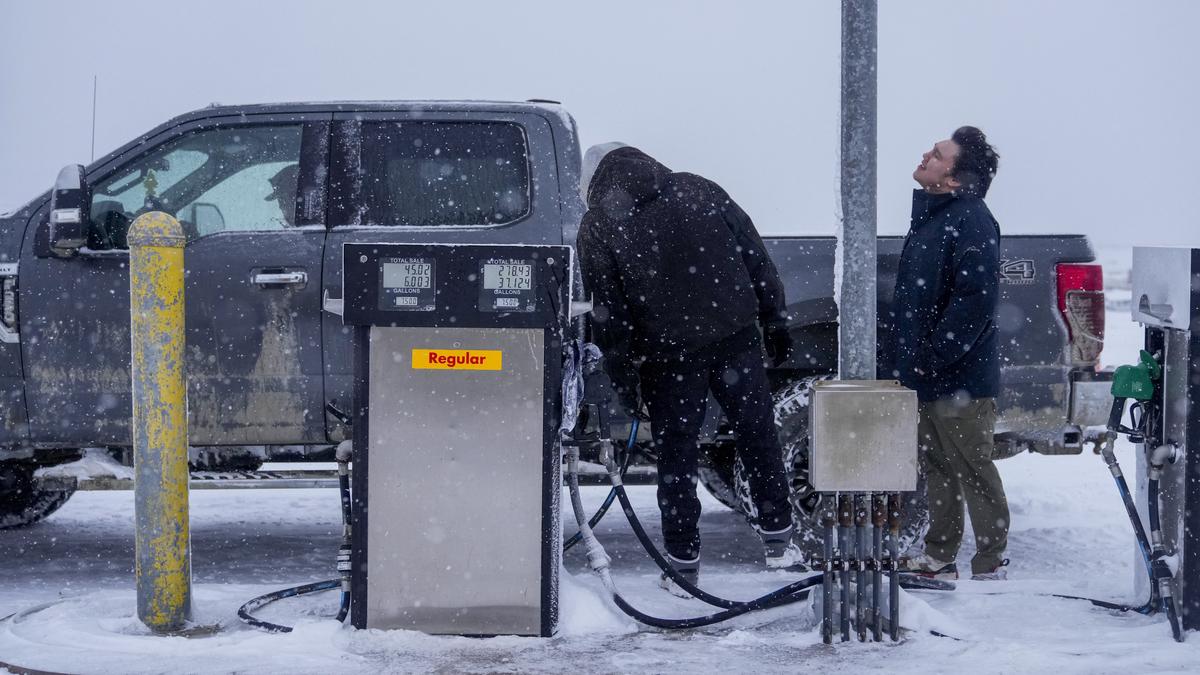
Alaska political leaders hope to see Trump undo restrictions on oil drilling
The Hindu
Debate over drilling in Alaska's Arctic National Wildlife Refuge reignites, dividing communities and sparking environmental concerns.
President-elect Donald Trump promised repeatedly during his campaign to expand oil drilling in the U.S., which is good news for political leaders in Alaska, where oil is the economic lifeblood and many felt the Biden administration has obstructed efforts to boost the State's diminished production.
A debate over drilling on federal lands on Alaska's petroleum-rich North Slope will likely be revived in the coming months, particularly in the Arctic National Wildlife Refuge, which environmentalists have long sought to protect as one of the country's last wild places.
Also Read: Hitting fossil fuel companies where it hurts
The question of drilling on the refuge's coastal plain, as Trump sought to do during his first term, also divides Alaska Native communities. Some welcome the potential new revenue while others worry about how it will impact wildlife in an area they consider sacred.
The largest wildlife refuge in the country covers an area of northeast Alaska roughly the size of South Carolina. It boasts a diverse landscape of mountains and glaciers, tundra plains, rivers and boreal forest, and is home to a variety of wildlife including polar bears, caribou, musk ox and birds.
The fight over whether to drill in the refuge's coastal plain along the Beaufort Sea goes back decades. Drilling advocates say development could create thousands of jobs, generate billions of dollars in revenue, and spur U.S. oil production.
While the U.S. Bureau of Land Management has said the coastal plain could contain 4.25 billion to 11.8 billion barrels of recoverable oil, there is limited information about the amount and quality of oil. And it's unclear whether companies will want to risk pursuing projects that could become mired in litigation. Environmentalists and climate scientists have pushed for a phase-out of fossil fuels to avert the worst consequences of climate change.











